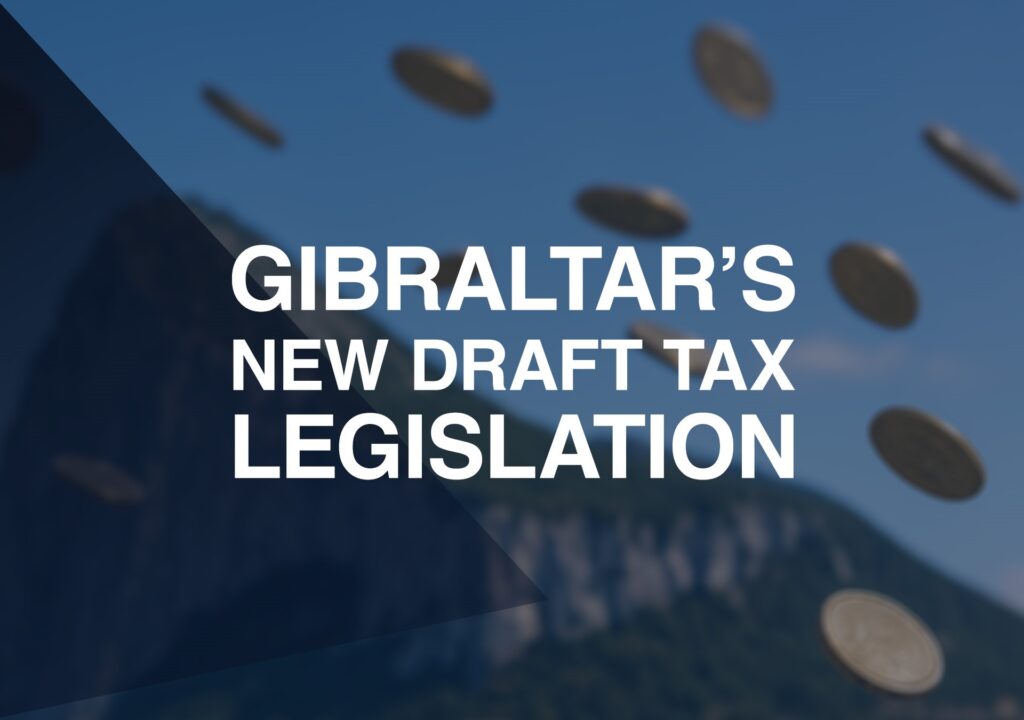An ICO is essentially a process in which a blockchain based company or project pre-sells a cryptocurrency or token that grants investors early access to a future platform or product. They have become a popular way for a start-up to fund a blockchain project and has led to a rethink of how start-ups can actually raise money early in their development cycle. Tokens are typically purchased by early adopters, enthusiasts or speculators in a blockchain based start-up. An ICO usually takes place before the project is completed and helps fund the development of the underlying goods or services that will be offered. ICO participants are then invested in the success of the project as they would be in a crowdfunding investment (much like a ‘Kickstarter campaign’.)
The acquisition of tokens offered through an ICO is a potentially profitable but risky investment. There may be plenty of potential in any particular blockchain innovation or technology but there is also something of an assumption these days that everything with a potential network effect is going to work with a decentralized starting point. Without a solid business model that is designed to generate and increase value when decentralization and/or tokenization of actions take place, there is the inevitable risk that there will be no business in a few months or years. A solid and sustainable business plan is ultimately essential for any start-up business, regardless of whether they pursue a decentralised or tokenised approach to project development and/or fundraising.
The tag ‘ICO’ draws an analogy to the Initial Public Offering (IPO) of a company, but there are some significant differences. An ICO is not typically regulated, so for example, there are no defined disclosure requirements for investor protection in place. There are only self-governing best practices and principles that are typically adhered to. Many ICOs are marketed as software pre-sale tokens, which is much like giving early access to an online game to early supporters participating in a reward-based crowdfunding campaign. Tokens do not typically represent an interest in a business (in the same way as a share in a company would) and are normally structured so they are not captured or treated as a share or other form of security in the business. There are also some major differences between an ICO and a typical crowdfunding initiative. For example, in a crowdfunding investment, an investor is more likely to be aware of what to expect when the product is complete. An ICO on the other hand may have a white paper and other key information (project goals, timelines etc.) accompanying its announcement, but the end product or project behind the ICO is almost impossible to value when compared to, say a crowdfunded smart watch (whose value can be compared to existing or equivalent products in the market). With an ICO, there may be no guarantee of project completion and an initial value that is not based on any comparable product or software. In that sense, it could therefore be said that they are more like early stage funding bets.
In 2016, around 48% of total venture capital funding in the blockchain entrepreneurship space was raised through ICOs. There have even been some institutional capital investors in the token-investment space. However, although it is clear that there is appetite for participation in genuinely open decentralized protocols and new practical case-uses for the technology, there are also significant risks in investing in businesses that may be built on only a few snippets of code or a superficial description of their services. There are a great number of ‘cowboy entrepreneurs’ out there who can quite easily make unjustified claims in an attempt to attract speculators to invest in projects or entities with little or no governance framework or who take a significant amount of the founder token allocations and then simply dump these on a secondary market aiming for a quick profit.
At the other end of the scale, Ethereum remains one of the largest and best known ICOs to date, raising around $18million. The distribution of ether (ETH) tokens amongst participants very much reflected the open nature of the network. In the genesis state, 80% of tokens were allocated to those who donated to the foundation in the ICO and only 20% of tokens were allocated to the Ethereum foundation reserve to be provided as a means of compensation for early project development contributors. Vitalik Buterin was the largest individual recipient, but received only around 1% of ether, far less than the proportion of shares a start-up founder would expect to receive.
Once an ICO is completed, although it may not have been the purpose of the tokens or the intention behind the ICO, tokens are typically listed and traded on cryptocurrency exchanges (often against other cryptocurrencies rather than against fiat currencies), and the price will reflect the overall market sentiment, project specific news, and addition of new features. While this can have advantages for the start-up, the exchange price means that the business will need to immediately be able to withstand the scrutiny of a more or less public market from day one. Something which may not be easy.
There is a certain allure of being able to invest in emerging blockchain projects with token sales. Both the industry and the ICO trend are still in their infancy and entrepreneurs and investors are showing a mixture of caution and interest. The legal framework for ICOs is also an interesting and developing area, which has been considered in detail in the US (in respect of whether and when a token will constitute either a security, or the issue of a security) but the reasons for this are quite specific and beyond the scope of this article. In Gibraltar, an analysis of how ICOs are structured and how they may be captured by relevant financial services legislation is required but it is an area of development and of clear interest.
Joey has been at the forefront of developments in the various aspects of business in fintech in Gibraltar, including digital currency, blockchain and distributed ledger technology in Gibraltar. He co-chairs the Gibraltar Government working group/think tank on digital currencies. He has been involved in advising a number of blockchain start ups and businesses crossing over from the blockchain into the financial services space and is one of the thouight leaders involved with the Fintech think tank established by the firm, thinkFintech.gi.
ISOLAS recently acted for Gnosis, advising on the regulatory aspects of one of the world’s fastest selling Initial Coin Offerings raising in excess of $10m.



